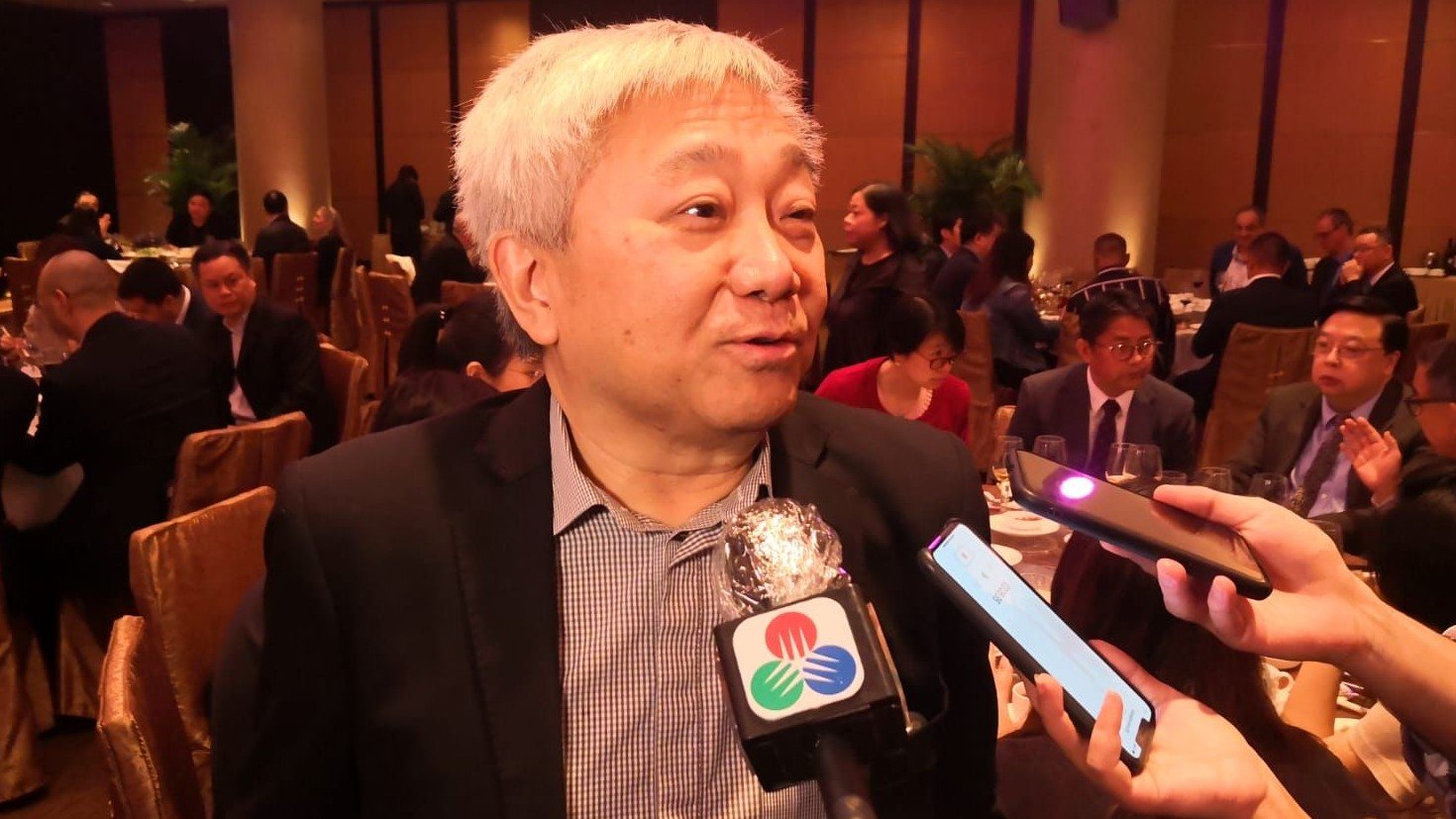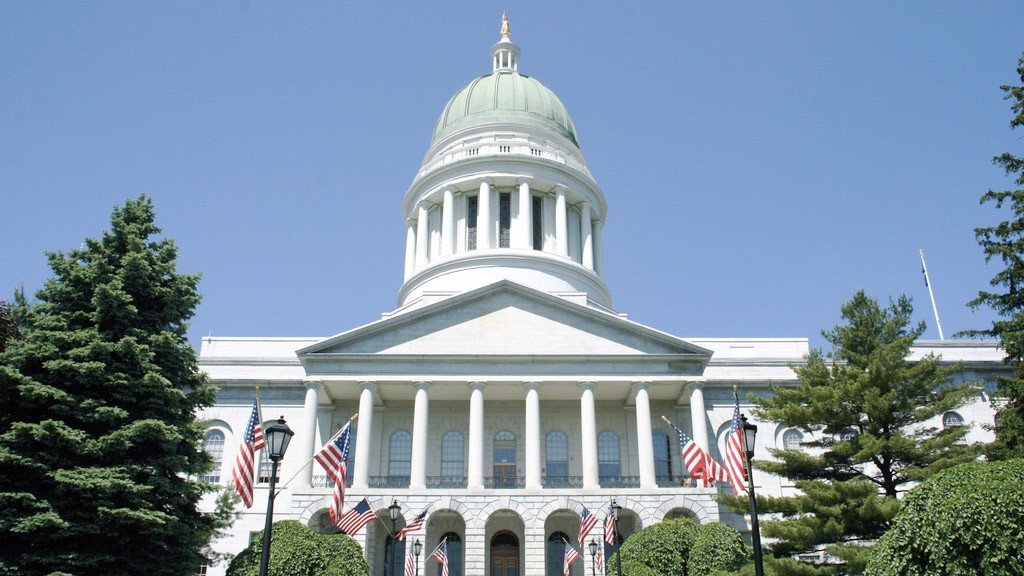Macau's final gambling amendment draft expected to be completed before June, Legislature head says

The president of Macau’s Legislative Assembly said the 33-member chamber will contribute to the “healthy and orderly” development of the gaming industry. The statement comes as the legislative body works on the amendment to the city’s gaming law, and he expressed confidence that the deliberation could be completed as scheduled “before June,” the date on which current gaming concessions are set to expire.
Kou Hoi In discussed the issue of the gambling amendment and confirmed the AL’s commitment to adequate industry development in a speech during the annual Spring Festival lunch with media representatives, reports Macau Business.
The legislative body approved a draft of the gaming bill in January. Following the finalization of the Chinese New Year holiday, the legislation was then sent to the Standing Committee: a total of four meetings were scheduled for last week alone. At the Spring Festival meeting, Kou said that the committee's deliberation progress was “quite satisfactory.”
Macau Legislative Assembly
The AL President said the body will have plenty of “arduous tasks” in the future, and that the legislature stands ready to cooperate with the Macau government in accelerating economic diversification, optimizing social livelihood, deepening administrative reforms, promoting the development of the Hengqin cooperation zone, and rule of law, according to the cited source.
Legislators in the world’s largest gambling hub are working on finishing the amendments to Macau’s gaming law before the current concessions expiration deadline, June 26. While officials said the operators will need to apply through a new tender process, details on what this will entail or whether the current license term will be extended remain vague.
Thus far, many of the discussions held at the Legislative Assembly concerned the backgrounds and nationalities of managing directors of casino operators. The Standing Committee said last week it would question the government on whether or not dual nationalities were allowed since the role of delegated administrator is intended for permanent residents of the city.

Lawmakers have also shown concern about the termination of “satellite casinos,” venues that are not located in premises owned by gambling concessionaires operating in Macau: about 20 of them currently exist in the city. The amendment requires that any casino operating in Macau will have to be established in an asset that is owned by a gaming concessionaire.
A three-year transitional period is to be granted under the proposed bill for entities responsible for properties holding casinos operating under service agreements to create “closer ties” to any one of six concessions to be granted in the future, although no details were provided in the law on how a transfer of assets would take place.
Lawmakers have submitted “many inquiries” to authorities on whether the three-year transitional period could be extended, the impact of the closure of satellite casinos, and whether the sector could join forces for a united bid for one gambling license, legislator Chan Chak Mo said last week.
Legislator Chan Chak Mo
But inquiries were also submitted in regards to another specific point the Legislative Assembly sees as needing further clarification: a clause in the gaming law amendment concerning what would constitute an “endangerment to national security.”
The proposed bill states in a passage that Macau officials have the right to terminate a concessionaire’s contract for a number of reasons, including threats to national security, public interest or breaching of its contractual obligations.
While many issues yet remain cloudy or await more details, so far it is known the bill will set a maximum of six gaming concessions, operational for up to ten years, with the possibility of a 3-year extension.



















































